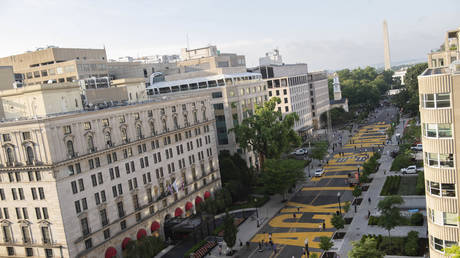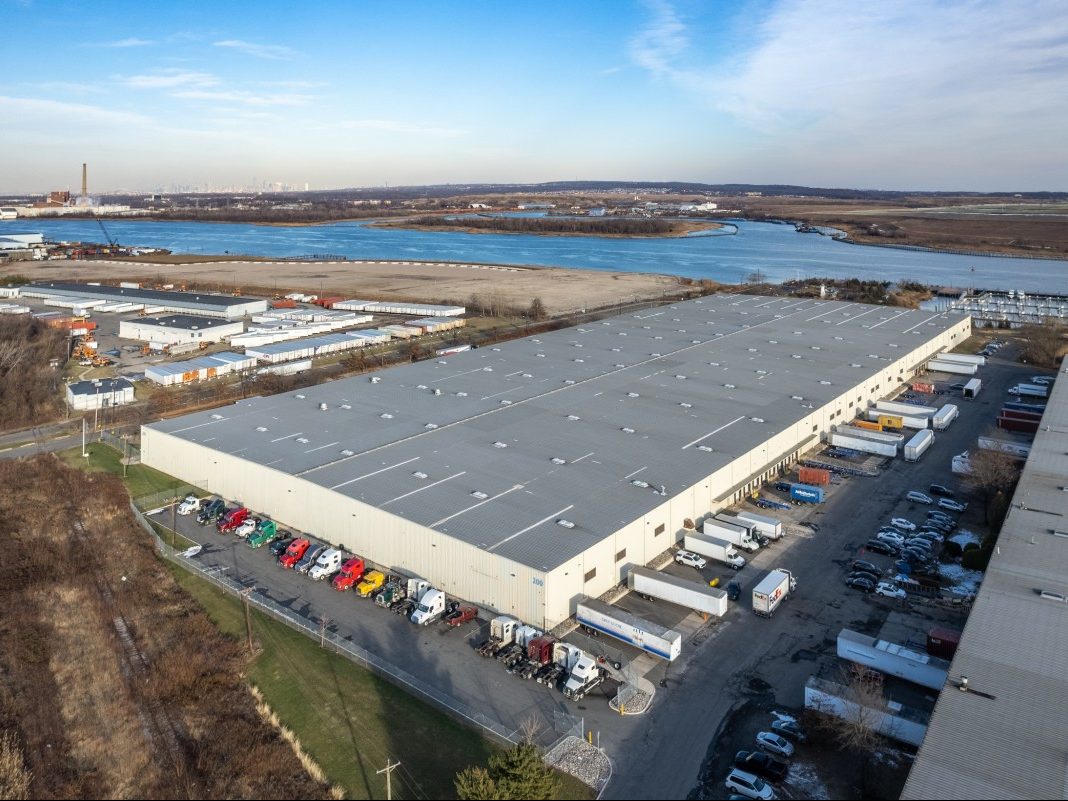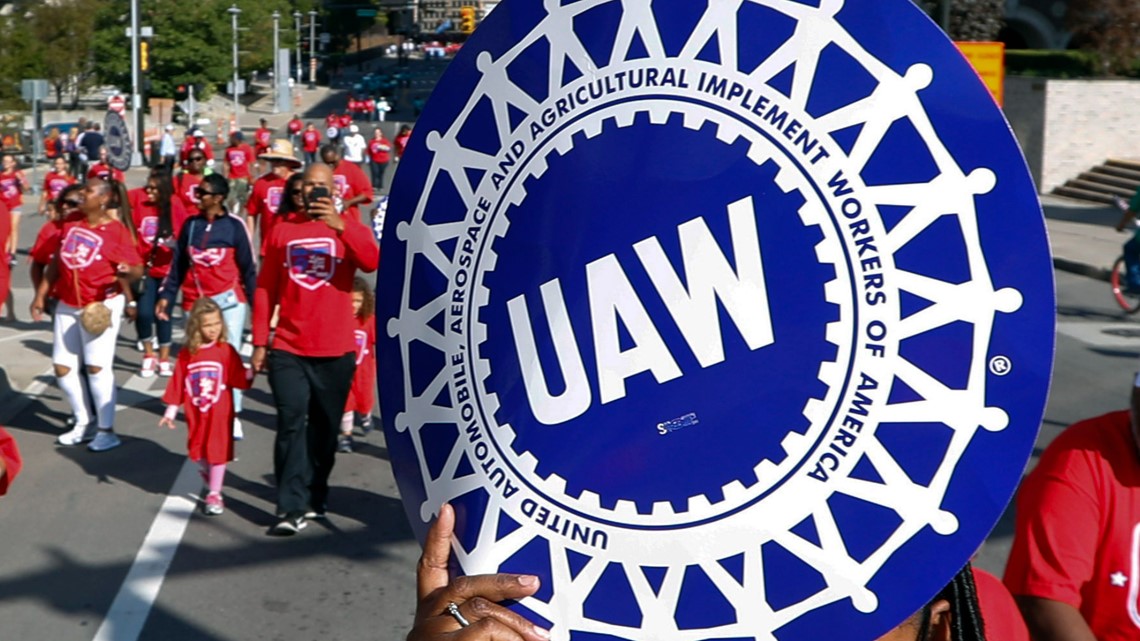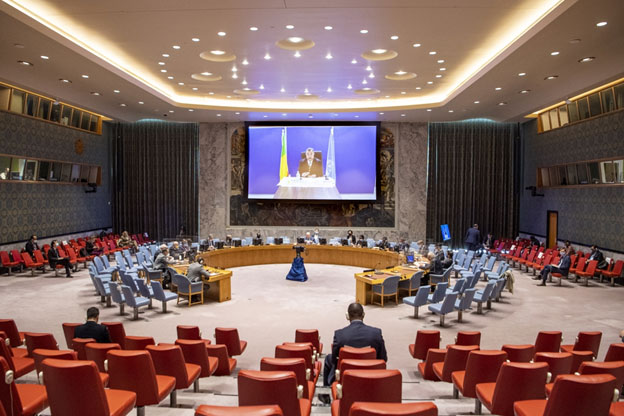ROME, Oct 20 (IPS) – That’s why a new ship with a big white “E” will navigate the Mediterranean Sea. The vessel has a red hull, is more than fifty meters long and has low decks. Soon, it will leave the port of Genoa and go out into the open sea. If those living on the north shore of that ‘water cemetery’ bearing the name of Mediterranean had chosen life, the “Life Support” would not have been greeted by the applause of a people packed square, on a late summer night, in the Italian city of Reggio Emilia. It would not be ready to sail now; . if they had chosen life, that ship would have another job.
“Mom, I’m thirsty.” That’s how Loujin died, asking for water. She was four years old and had been at sea for ten days on a boat that launched an SOS to which no one responded until was too late on a still-very-hot September. She and her family were fleeing the war in Syria with the impossible hope of a refugee camp in Lebanon.
She died along with six other refugees: “They died of thirst, hunger and severe burns,” said Chiara Cardoletti, Representative of the United Nations High Commissioner for Refugees in Italy, on Twitter. “According to the reports of the survivors who are being verified by the police the corpses were thrown into the sea when they began to be stockpiled,” according to the newspaper Avvenire. The sea took at least eighty, dead off the coasts of Lebanon and Syria, just a few days later. Eleven other decaying bodies were recovered in the first half of October off the coast of Tunisia. Before that, water had snatched away so many lives that we are not even able to count them and cry for them.
If there had been a ship, such as the one with a large white “E” on its red sides, perhaps Loujin would be alive. The “E” is that of Emergency, an Italian NGO founded in 1994 to bring aid to civilian victims of war and poverty.
Emergency has made its choice: It will sail the Mediterranean, fishing for human beings regardless of the “barriers” erected in that water. Barriers created by laws, rules, and sometimes arbitrarily, do not prevent women and men in search of a future; instead, all too often, they turn into dead bodies – those that wars and starvation weren’t able to make.
Ten thousand people were in Reggio Emilia at the annual meeting of Emergency, an organization that has turned the defense of human rights and its radical “No war” policy into concrete actions in the most difficult places on the planet. Those numbers, doubled compared to the previous year, portray a country, Italy, which longs for peace and hospitality.
“Seeing and knowing that there are thousands of people dying off our shores is absolutely not acceptable. With we believe to represent many people in Italy who do not want to see this happen,” Pietro Parrino, Emergency’s director of the Field Operations Department, explained to us.
From 2014 to the day of this writing, i.e., mid-October this year, 25,034 people have died or gone missing in the Mediterranean Sea. “They were more than 1,100 just in the absence of a coordinated search and rescue operation at European level,” a statement from the NGO said. “We must be at sea to save people’s lives,” Parrino stressed. Whatever the reason why those women and men have decided to take the most dangerous of journeys: “They simply need help and we are, and we try to be, in the places where help is needed,” he added.
Being there, however, is a hard choice. There are very few NGO search and rescue ships, constrained by laws and bureaucracy that prevent them from getting to where they are needed, leaving migrants in the hands of the Libyan coast guards or forcing the vessels to wait days before docking at safe ports. Their work is not easy and they have even been accused of being “sea taxis” or “accomplices” of traffickers in a country where the call for a “naval blockade” has been a slogan for those who won the last political election.
It takes courage to choose life, anyway.
The last stretch
Barriers, “walls” within the sea, ancient Romans called Mare Nostrum, built by other choices, political choices, such as the bilateral Memorandum of Understanding that Italy signed with Libya in 2017 or the Malta Declaration issued shortly after. Agreements “that form the basis of a close cooperation that entrusts the patrolling of the central Mediterranean to Libyan coastguards,” followed by the establishment of the Libyan SAR, a large maritime area where the responsibility for coordinating search and rescue activities was assigned to Libya, Amnesty International explained. The human rights organization is among those calling for the suspension of the Memorandum: “In the last five years, over 85 thousand people have been intercepted at sea and sent back to Libya: men, women and children who have faced arbitrary detention, torture, cruel, inhuman and degrading treatment, rape and sexual violence, forced labor and illegal killings.”
Any attempt to pull out those barriers, even if made up of boats, is doomed to fail; instead, it will produce pain. Migrations do not stop, new routes open up, and the old ones close and then reopen as the laws or European policies change. Crossing the sea is just the last stretch of a long journey in which human trafficking is a business built on desperation and managed by the same organizations that smuggle drugs and oil. Trips are a commodity sold on a market where the currency can be money or one’s body.
The Mediterranean route will continue to be worth a lot of money. Dirty money, cash, mobilized in a very sophisticated way, ends up in the pockets of those we do not know, or rather, of those about whom we know what they do, financing other illicit businesses. It is not just a question of the “passage” , but it is a much more complicated mechanism.
NGOs’ search and rescue operations were said to have increased the number of people who decided to travel to Europe. However, data from the Italian Ministry of the Interior show that this is false, as reported by the Huffington Post last year. In 2021, there were many more arrivals than the previous year even though there was not a greater number of vessels in the Mediterranean, as some of them were blocked by “bureaucracy.” There were few ships but a greater number of arrivals because those who flee wars and hunger always find new ways to organize the journey.
“People who to leave countries like Afghanistan or the Horn of Africa and have thousands and thousands of kilometers in front of them to be covered on foot with little or no money, are people who have courage and determination unimaginable for us,” Parrino said. Desperation moves them, a desperation that puts them in the hands of those who promise a place in a rust bucket. “The story these people tell is that few get a simple ride. Many are enslaved for years, in the fields or as prostitutes, because the traffickers earn tens of thousands of euros by selling them and reselling them before setting them free again. The trafficking is not to let people cross the Mediterranean; the trafficking is the management of these thousands of desperate people who are exploited as labor slaves and sex slaves for months, for years, before receiving the green light to take the boat,” he added. “People do it because they have even less than the hope that lies ahead. They are people who accept a risk they already know”, Parrino stressed.
Gabriele Baratto, a criminologist at the University of Trento, studied that market for a research project. He investigated the “digitization” of human trafficking.
Smugglers use social media, especially Facebook, to find migrants who want to leave. Then Baratto and his team contacted them. They thought it would be difficult, that they would have to turn to the dark web, that they would have to use secret jargon. But no, everything happens in the light of day. It was enough to type simple keywords, questions such as: “how to get to Europe.”
“[There are] hundreds of posts, pages, and groups dedicated to promoting travel for migrants and these posts contained and contain basic information on the , point of departure, point of arrival and some indication on the price, date, month of departure. And the thing that left us most bewildered was that there was the phone number of the traffickers,” Baratto explained at Emergency’s meeting in Reggio Emilia.
They are “tour operators” of pain, who ask to be reached by phone, WhatsApp, or Skype, which are more difficult to intercept. “We came up with scripts, stories saying: ‘I am in Italy but I have my sister, I have my brother, I have my parents .’ They answer, and if they don’t answer, they write to you. Within a maximum of half an hour you can talk to them on the phone and they give you all the information.” The more you pay, the safer, more “comfortable,” and more direct the journey is, and traffickers know how laws and policies of states in Europe change.
“‘If you did this, why don’t the police do the same?’ ,” Baratto added. It is just too difficult to arrest traffickers one by one. The solution is only “a new approach to immigration,” he believes.
Behind that market in the sunlight, there is hell – the hell that Emergency knows.
“Is it possible to open a humanitarian corridor and decide with what means (to intervene)? … We know very well from where they come…” The only answer to those questions has been Europe’s agreement with Libya, ” ‘paying’ traffickers, providing patrol boats, money, convincing them not to let people leave. The flows from the countries of departure have not changed, the flows in the countries of arrival have greatly decreased. Where do all these people go? How do traffickers use them?” Parrino told us.
To halt the chain of deaths, it would be necessary to eradicate the factors that force people to leave or to decide that it can’t be fate to open the doors of Europe: “Access cannot be by chance for who are saved at sea or manage to land on our shores by boat. We think that it should be much better structured, without launching ‘invasion’ alarms,” he said.
Legal and safe access for those who must leave their countries: That’s the call of the NGO Emergency. Until then, it will be at sea because the sea swallows everything. “After a few minutes the sea is flat and you don’t realize that there has been a tragedy, there are no pieces left, nothing remains …” Parrino said from the Reggio Emilia stage.
No one answered the SOS of the boat that took away the souls of those eighty people who died in mid-September, as happened to Loujin. No one listened to their cries, betraying the ancient law of the sea that imposes that obligation. Instead, Emergency wants to be there with its “Life Support” to respond to those ships that cry out. It will be one of the few of that small fleet of NGOs that resists the obstacles dictated by a guilty and inhuman bureaucracy that pulls invisible barbed wires straight into the water.
A “bureaucracy,” the Italian one, to which the European Court of Justice replied in August, giving reason to the NGO’s Sea Watch vessels blocked for months in the ports of Palermo and Porto Empedocle in 2020. Ships subjected to inspections, prevented from operating for reasons such as “missing certifications” or “too many people on board.” Laws, political choices, and administrative stops that over time have forced NGOs to rethink even “how” help is brought.
Emergency has already been operating since 2016 with other partners offering health and social assistance, a type of aid that was not so common in the past because search and rescue operations were quick and disembarkation never too long. But now, docking in Italy can be timeless.
“The longest mission I can remember was fifty days. Fifty days at sea, of which at least thirty with the refugees on board because stuck in the harbor, with people jumping off the ship psychologists who had to get on,” Parrino remembered.
There are no well-defined rules, he explained, but a lot of arbitrariness, differences according to the ports or the “political climate. There were moments that three or four days passed from identification at sea to disembarkation and moments when thirty or forty days passed,” he added.
That’s why Life Support’s mission will be about fifteen days, as it could be necessary to stay on board longer. “If I had to leave and return from Sicily, it takes about a day to go patrolling in front of the Libyan coast, and you go there when there are good weather windows because in bad weather there are clearly no departures. Within two or three days you should be able to identify the target, so within four or five days the mission should be over.”
That’s just theory. More often, boat persons must share the little space of the ship for days, and over time that forced coexistence can become hard. “Those vessels are clearly not cruise ships. We are renovating the one we bought to the fullest with the experience we have gained over the years, but there are certainly no one hundred and seventy cabins … so things get heavy.”
Two or three days after the rescue, adrenaline turns into other fears, and “everything returns to memory: hunger, despair, what you have left … what you have suffered, the for what has been and for what will happen.” This is why keeping people on board for a long time has profound repercussions for everyone. We need to work “on empathy” and we need to increase the staff, doctors, nurses, “we need to have psychologists ready to board in case the ship has to stop, you have a crew under pressure,” Parrino explained.
Search and rescue at sea by NGOs is often a divisive topic but saving lives cannot be divisive, ever. This is Energency’s starting point, also this time. That’s why the “Life Support” will go out into the open sea. On its red hull, it will take, off the shores of Genoa, the words of Gino Strada, its founder, who in 2017 won the SunHak Peace Prize and who passed away last year: “If the rights are not for every single person, you’d better call them privileges.”
Life can’t be a privilege.
IPS UN Bureau
Follow @IPSNewsUNBureau
Follow IPS News UN Bureau on Instagram
© Inter Press Service (2022) — All Rights ReservedOriginal source: Inter Press Service

















